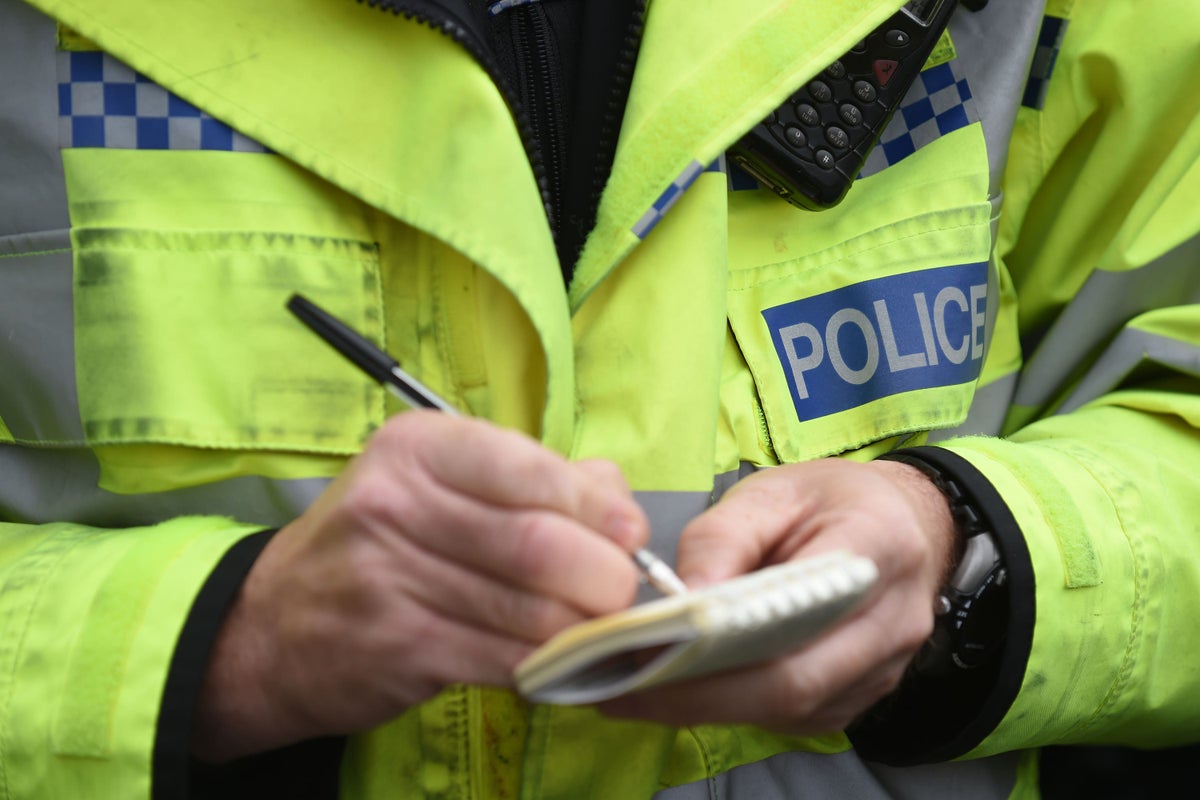
The Metropolitan Police will reduce the amount of mental health calls officers attend in the capital, as part of a new initiative with the NHS.
The scheme – known as Right Care, Right Person – will introduce a threshold for police response to tackle the amount of time officers are spending on policing mental health.
From 1 November, police will not attend medical calls where a healthcare professional is more appropriate, and will no longer attend welfare checks for people who have missed a planned health appointment or have not taken their medication.
They will also no longer look for people who have walked out of mental health facilities or hospitals unless there is a reason for police to be involved.
As part of the initiative, a new helpline has been launched for officers to call before detaining someone under Section 136 of the Mental Health Act.
Police officers will continue to attend call-outs if there is a person at risk of serious harm.
A statement from the Metropolitan Police said the new model means “officers and staff can deal more effectively with community crime-fighting”.
In London, Metropolitan Police officers spend an average of 14.2 hours in hospital with patients when they are sectioned, the force said.
In March 2023, it spent 10,000 hours working on sectioning patients and in 2021/22 received more than 78,000 mental health-related calls and some 204,000 concern for welfare calls.
Assistant Commissioner Matt Twist said: “Currently, the Metropolitan Police Service is increasingly involved in responding to mental health crisis and other health-related issues, diverting officers from their core role of preventing and solving crime, supporting victims and bringing offenders to justice.
“This is while patients who need medical help are attended to by officers instead of expert healthcare professionals.”
It is understood the change in approach will be gradual given the pressure mental health services are currently under.
According to the NHS, eight in 10 people sectioned in London would benefit more from community support than hospital admission.
Martin Machray, executive director of performance at NHS London, said: “While police will start attending less mental health call-outs, they will still attend if a welfare check is needed or if an at-risk person has absconded from hospital, and with the NHS in London seeing mental health referrals increase by two-fifths since before the pandemic, it is vital that this approach is rolled out gradually.
It is vital that there is adequate investment in this scheme to ensure people in crisis get the right support that they need, and lives can be saved— Sarb Bajwa, British Psychological Society
“If you or someone you know is struggling with their mental health you should still come forward for support in the normal way – if it is an emergency call 999, or if it is non-life-threatening there are 24/7 advice lines available for people suffering a mental health crisis which you can view online at www.nhs.uk.”
The model was initially rolled out by Humberside Police, and the Metropolitan Police said it has “proven hugely successful in reducing demand across all services, with the force seeing 7% of officer time freed up”.
Sarb Bajwa, chief executive of the British Psychological Society, said the “phased approach” to the new scheme is “welcome”, and that the partnership “is a positive step to ensuring people experiencing a mental health crisis access the support they need, from trained mental health practitioners, in the most appropriate setting”.
However, he added the organisation still has concerns that patients will “fall through the cracks”.
“As part of this process it is vital that those police officers attending an incident when someone is in a mental health crisis can receive expert advice on the most appropriate action to take, to ensure the best outcomes for all,” Mr Bajwa said.
“We have previously raised our grave concerns about the decision made earlier in the year which means police officers will no longer respond to urgent concerns about mental health if there is no risk to life or crime being committed, and the dangers this decision posed.
We are already seeing people ending up in dangerous situations because of how Right Care Right Person is being interpreted in different parts of the country, so we are repeating our call for guarantees about how it will be introduced safely— Dr Sarah Hughes, Mind
“While this phased approach to implementation is welcome, particularly the confirmation from the Met Police that they will take a slower approach to rolling out the full Right Care, Right Person model, we still have serious concerns that people in crisis will continue to fall through the cracks.
“The recruitment and retention crisis in the NHS is well-documented, and mental health services are already stretched beyond capacity. It is vital that there is adequate investment in this scheme to ensure people in crisis get the right support that they need, and lives can be saved.”
Dr Sarah Hughes, chief executive of Mind, also said the charity remained “extremely concerned about the pace of these changes and how they will play out in practice”.
“We are already seeing people ending up in dangerous situations because of how Right Care Right Person is being interpreted in different parts of the country, so we are repeating our call for guarantees about how it will be introduced safely,” she added.
“We are also yet to hear how it is possible to remove the support of one agency without additional funding for others who will pick up the work.”







